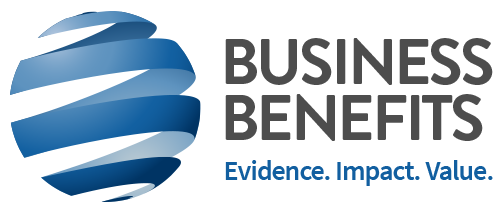About
ISO describes conformity assessment as ‘a set of processes that show your product, service or system meets the requirements of a standard’. (Source: ISO website)
Conformity assessment has a range of strands, all of which contribute to giving people confidence and assurance in using and buying products and services. These strands include testing, inspection, certification and accreditation.
There are many cases where standards and accredited conformity assessment help businesses of any size and sector reduce costs, increase productivity and access new markets.
They can help to:
- Build customer confidence that your products are safe and reliable
- Meet regulation requirements, at a lower cost
- Reduce costs across all aspects of your business
- Gain market access across the world
This site includes case studies, research papers, and supporting materials that confirm these benefits for the business community. The examples published on the site cite tangible financial data to evidence the cost savings achieved whether through resource efficiency or meeting regulation at lower cost, the value of accessing new markets , or savings achieved through recognition from organisations such as insurers, regulators or purchasers.
This site has been developed by organisations from across the conformity assessment community, notably:
- IAF – International Accreditation Forum. The IAF is the world association of Conformity Assessment Accreditation Bodies and other bodies interested in conformity assessment in the fields of management systems, products, services, personnel and other similar programmes of conformity assessment. Its primary function is to develop a single worldwide program of conformity assessment which reduces risk for business and its customers by assuring them that accredited certificates may be relied upon. Accreditation assures users of the competence and impartiality of the body accredited.
- IIOC – Independent International Organisation for Certification – is a trade association of international certification bodies who deliver certification to a range of management system schemes.
- IQNet – International Certification Network– is a trade association of certification bodies from around the world who deliver certification to a range of management system schemes.
- ILAC – ILAC is responsible for: the development of laboratory and inspection body accreditation practices and procedures; the promotion of laboratory and inspection body accreditation as a trade facilitation tool; the assistance of developing accreditation systems; the recognition of competent test and inspection facilities around the globe.
- ISO – International Organization for Standards – is an independent, non-governmental membership organization and the world’s largest developer of voluntary International Standards.
- BIPM – The International Bureau of Weights and Measures (BIPM) – an international organization established by the Metre Convention, through which Member States act together on matters related to measurement science and measurement standards.
- IEC – International Electrotechnical Commission (IEC) – an international organization responsible for the preparation and publication of International Standards for all electrical, electronic and related technologies.
- ITC – International Trade Centre (ITC) – an international development agency that is dedicated to supporting the internationalization of small and medium-sized enterprises (SMEs). It is a joint agency of the World Trade Organization and the United Nations.
- ITU – International Telecommunication Union (ITU) – an international agency for telecom/ICT of the United Nations, whose members include 193 Member States as well as some 900 companies, universities, and international and regional organizations. It allocates global radio spectrum and satellite orbits, develops the technical standards that ensure networks and technologies seamlessly interconnect, and strive to improve access to ICTs to underserved communities worldwide.
- OIML – International Organizations of Legal Metrology (OIML) – an intergovernmental organisation to promote the global harmonization of the legal metrology procedures that underpin and facilitate international trade.
- UNECE – United Nations Economic Cooperation for Europe (UNECE) – one of the five regional commissions under the jurisdiction of the United Nations Economic and Social Council. It was established in order to promote economic cooperation and integrations among its Member States.
- UNIDO – United Nations Industrial Development Organisation (UNIDO) – a specialized agency of the United Nations that promotes industrial development for poverty reduction, inclusive globalization and environmental sustainability.
- World Bank Group (WBG) – an international financial institution that provides loans and grants to the governments of poorer countries for the purpose of pursuing capital projects.
- WTO – World Trade Organization (WTO) – a global international organization dealing with the rules of trade between nations. At its heart are the WTO agreements, negotiated and signed by the bulk of the world’s trading nations and ratified in their parliaments.
We are always seeking the best examples to post on this website of conformity assessment benefiting businesses. If you have a great example, please send it to us at iaf@iaf.nu.





